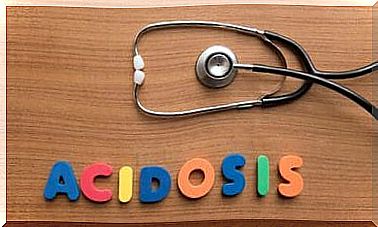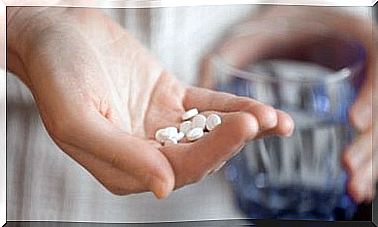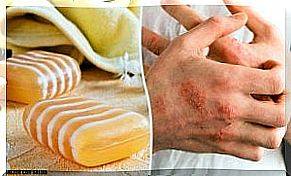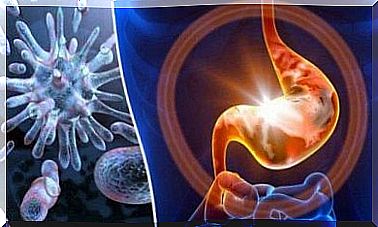The Benefits Of Using Hyaluronic Acid In Dentistry

Hyaluronic acid in dentistry has been shown to be an effective treatment for conditions of the oral mucosa. It is a substance that is naturally found in the gums.
In treatment products , they use high molecular weight hyaluronic acid because it resembles the natural in the gum tissue.
The experiments the researchers have performed have shown that hyaluronic acid can be used as a treatment, if it has properties similar to those of the hyaluronic acid that our bodies make. It contributes to the healing process and repairs damaged tissue.
How does hyaluronic acid work on the oral mucosa?
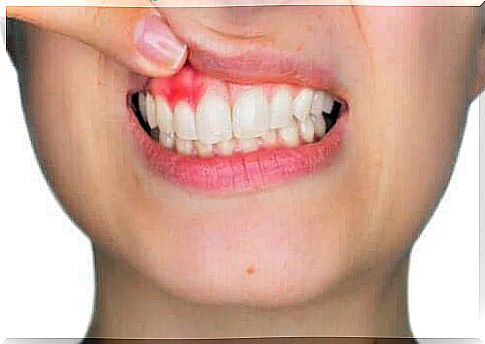
Hyaluronic acid is stored in the outer layers of healthy gum tissue. It therefore works by forming a protective barrier over the mucous membrane so that the wound or injury does not come into contact with food and drink.
Another property of hyaluronic acid is that it helps reduce inflammation and discomfort thanks to its anti-edema effect, and it also helps to heal after.
When you have periodontal disease, the affected tissues also have an increased need for hyaluronic acid.
What if you have a deficiency of hyaluronic acid?
As we mentioned earlier, your need for hyaluronic acid increases when you have a condition. Therefore, this requirement implies that there is not enough hyaluronic acid, which leads to inflammation and pain.
When there is damage to the lining of the mouth, the cells responsible for regenerating the tissue enter the area and cause delayed healing.
Hyaluronic acid in dentistry
Dentists often use hyaluronic acid in the treatment of various conditions in the mouth, including the following :
- Mucositis : This includes gingivitis, gingival bleeding, gum retraction or gum pockets.
- Traumatic conditions : especially wounds, oral cleansings, tooth extractions or post-surgical treatment.
- Some diseases : Certain diseases where the lining of the gums requires a larger supply of hyaluronic acid.
What are aphthous ulcers?
Aphthous ulcers (aphthous stomatitis) are small sores with a white background and red edges. They usually appear on the tongue, inside the cheeks and on the gums.
They are more common in children and adolescents. On many occasions, they cause severe pain on contact with certain foods or beverages.
Treatment with hyaluronic acid helps relieve pain and discomfort caused by the presence of fungi. This is because it protects the damage as well as accelerates the healing process.
Benefits of hyaluronic acid in dentistry
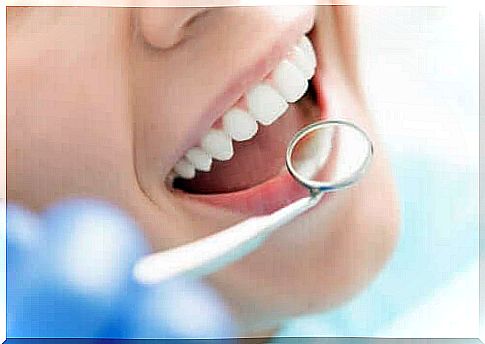
Hyaluronic acid is currently widely used in dentistry. It offers a number of benefits, including the following:
- Pain relief: It forms a film that protects the injury and relieves pain.
- External protection : These agents include food and drink.
- Tissue hydration : By forming a film, hyaluronic acid promotes water retention and therefore hydrates the affected tissue.
- Contributes to the healing process.
In addition, hyaluronic acid does not hurt when applied, on the contrary, it gives a feeling of relief.
How to use hyaluronic acid
After your daily oral hygiene, use hyaluronic acid three to five times a day for 3-4 weeks. However, we recommend that you wait to eat or drink for half an hour after application.
There are various products on the market that contain this substance in the composition. According to the way you use them, they are classified as:
- Oral jelly : Apply a film to the affected area and massage it in with clean fingers to distribute it properly.
- Rinse water : Rinse with 10 ml for 1-2 minutes, no dilution is required.
- Spray : Each spray guarantees that it reaches the entire area with the same concentration. Generally, manufacturers recommend 1 or 2 sprays per day on the inflamed area.
Hyaluronic acid in dentistry
Hyaluronic acid has no local or systemic pharmacological effect on the oral mucosa. It is very safe and has no contraindications or side effects and you can use it without any restrictions. It is ideal for use in children, as it does not hurt when applied and is not toxic.

